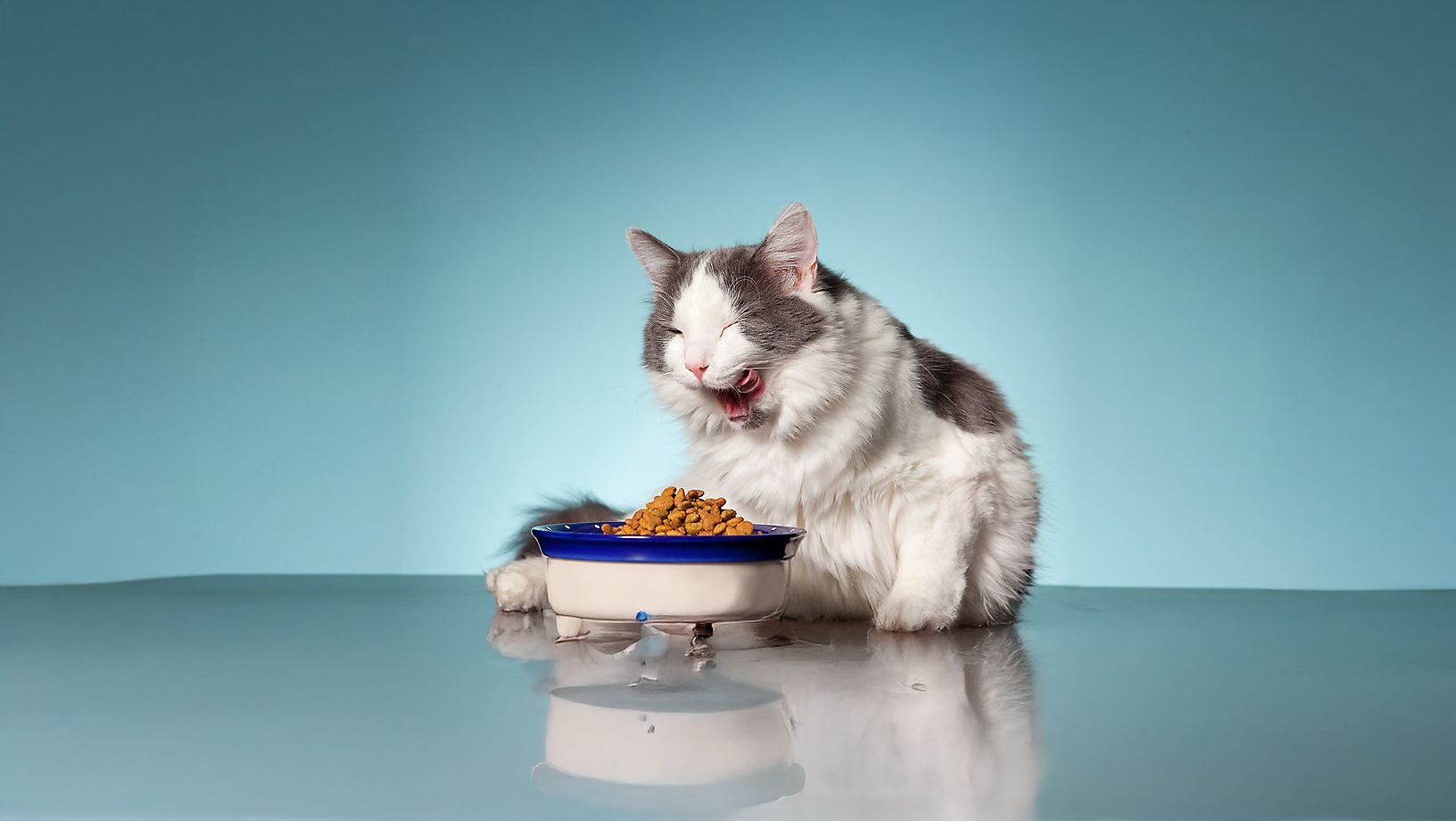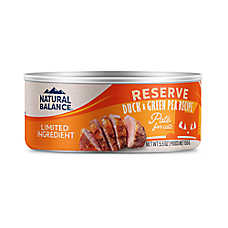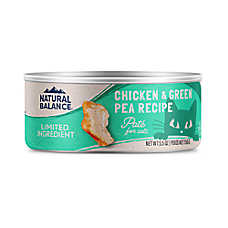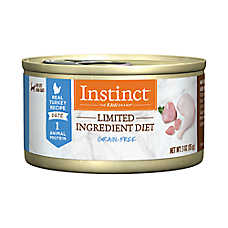Does My Cat Need a Limited Ingredient Diet?

In this Article
What is a food sensitivity?
It’s a catchall name for symptoms that can occur when cats are bothered by an ingredient in their diet.
In cats, a food allergy triggers the immune system and leads to itching, gas or diarrhea. Cats with a food intolerance have trouble digesting certain ingredients, leading to diarrhea or vomiting.
Though it may be difficult to tell the difference, the good news is that the solution for both problems may be a limited ingredient diet, or LID.
Which ingredient is bothering my cat?
It could be a few things. But the most common causes of food sensitivities in cats are beef, dairy, whitefish and lamb. Your vet can help you pinpoint possible sensitivities.
It takes some trial-and- error experimentation to figure out exactly which ingredient or ingredients are causing the problem; the best approach is to eliminate suspicious ingredients systematically and see if your cat’s symptoms improve.
How will a LID help my cat?
As the name suggests, limited ingredient diets contain fewer ingredients than regular cat food formulas. Keeping the ingredient list small can help you pinpoint what your cat is sensitive to — and help you avoid it. Many LID foods also are free of eggs, soy, grain, preservatives and artificial ingredients.
How do I try a LID?
Before making any change in your cat’s diet, talk to your vet and make a plan for how to switch up the menu. Kitty might start to get better in as little as two weeks, but it could take as long as two months for signs of improvement to show up. Stick with it!


